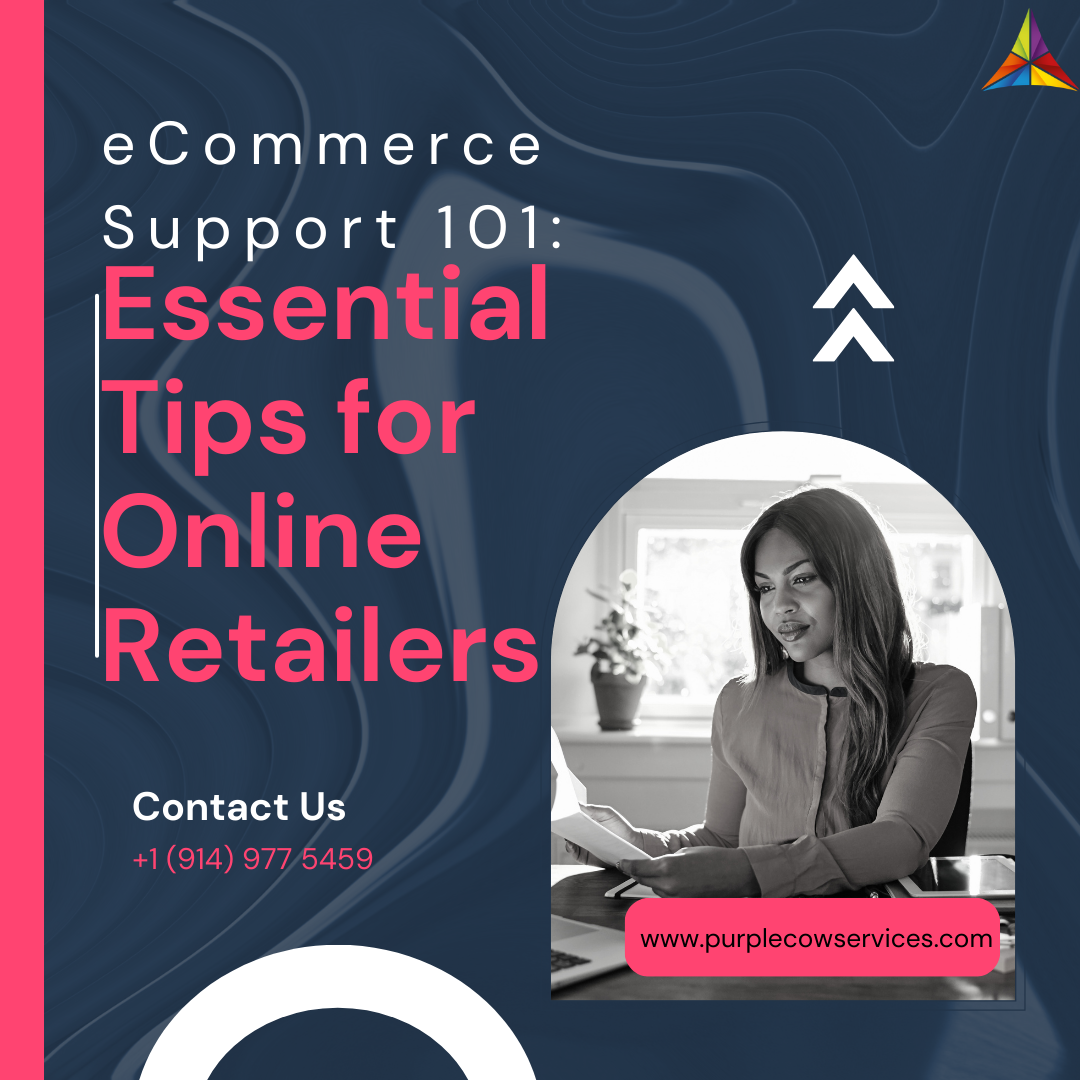Content marketing has become a crucial component of successful eCommerce strategies. By creating valuable, engaging, and relevant content, eCommerce brands can attract, engage, and convert their target audience.
Share This Story, Choose Your Platform!
In this blog, we will explore effective content marketing strategies specifically tailored for eCommerce brands. From establishing a strong brand voice to leveraging various content formats, we will delve into actionable insights to help eCommerce businesses drive growth and build customer loyalty.
Why Content Marketing Matters for eCommerce Brands
The Power of Content Marketing:
Content marketing allows eCommerce brands to connect with their audience on a deeper level. By providing valuable information, solving problems, and entertaining users, brands can establish themselves as trusted authorities. This, in turn, fosters customer loyalty, brand advocacy, and drives conversions. With the right content marketing strategies, eCommerce brands can differentiate themselves in a crowded marketplace and drive sustained growth.
Crafting a Strong Content Strategy
Define Your Target Audience:
Gaining a deep understanding of your target audience is essential for maximizing the effectiveness of your content marketing efforts. Define their demographics, interests, pain points, and aspirations. This data will shape your content strategy and ensure you deliver content that resonates with your audience.
Establish Your Brand Voice and Persona:
Developing a consistent brand voice is essential for content marketing success. Determine your brand’s tone, style, and personality. This will help create a cohesive and recognizable brand image that aligns with your target audience’s preferences.
Conduct Keyword Research:
Keyword research is vital for eCommerce brands to optimize their content for search engines. Determine the most relevant keywords and seamlessly integrate them into your content for optimal impact. This will improve your visibility in search engine results and attract organic traffic to your eCommerce website.
Create a Content Calendar:
A well-planned content calendar ensures consistency and helps you stay organized. Map out your content topics, formats, and publishing schedule. This will help you maintain a steady flow of content, engage your audience, and achieve your content marketing goals.
Leveraging Content Formats for eCommerce Success
Engaging Product Descriptions:
Craft compelling and persuasive product descriptions that highlight the unique features and benefits of your products. Use clear, concise language, and incorporate storytelling elements to captivate potential customers.
Informative Buying Guides:
Create comprehensive buying guides that educate your audience on various product categories or industries. Provide valuable insights, tips, and recommendations to assist customers in making informed purchase decisions.
Entertaining and Educational Blog Posts:
Publish blog posts that entertain, educate, and provide value to your target audience. Share industry insights, how-to guides, success stories, and relevant news. This helps establish your brand as an authority and fosters a loyal readership.
Engaging Videos and Product Demos:
Utilize video content to showcase your products, share tutorials, and engage your audience visually. Harness the power of platforms such as YouTube and social media to expand your audience reach and stimulate active engagement.
User-Generated Content:
Encourage your customers to create and share content related to your brand. This can include product reviews, testimonials, unboxing videos, or social media shoutouts. User-generated content adds authenticity and social proof to your brand, enhancing trust and credibility.
Amplifying Your Content Reach
Social Media Marketing:
Leverage social media platforms to distribute your content, engage with your audience, and drive traffic to your eCommerce website. Identify the platforms your target audience frequents and tailor your content to suit each platform’s unique features.
Influencer Collaborations:
Partner with influencers in your niche to promote your products or share your content. Influencer marketing can expand your reach, improve brand awareness, and drive conversions through the influencer’s trusted relationship with their followers.
Email Marketing:
Leverage email marketing to nurture customer relationships and promote your content. Build an email list of interested subscribers and send regular newsletters, product updates, and personalized recommendations. Utilize automation and segmentation to deliver targeted content that resonates with each subscriber.
Search Engine Optimization (SEO):
Optimize your content for search engines to improve your visibility and organic traffic. Conduct thorough keyword research and incorporate relevant keywords into your content. Focus on creating high-quality, informative, and engaging content that meets the search intent of your target audience.
Paid Advertising:
Consider utilizing paid advertising channels such as Google Ads, social media ads, and display advertising to amplify your content reach. Set specific goals, target relevant keywords and demographics, and optimize your ad campaigns to drive qualified traffic to your eCommerce website.
Measuring and Analyzing Content Performance
Track Key Metrics:
Monitor key metrics such as website traffic, engagement rate, conversion rate, and time on page to measure the effectiveness of your content marketing efforts. Use tools like Google Analytics to gain insights into user behavior and identify areas for improvement.
A/B Testing:
Conduct A/B tests to compare different versions of your content and identify what resonates best with your audience. Test different headlines, visuals, calls to action, and content formats to optimize your content for maximum impact.
Iterate and Improve:
Continuously analyze the performance of your content and make data-driven decisions to improve your strategy. Identify successful content pieces and replicate their elements in future content. Learn from any underperforming content and make necessary adjustments to optimize its effectiveness.
Final Thoughts
Effective content marketing is a powerful strategy for eCommerce brands to connect with their audience, build brand loyalty, and drive growth. By crafting a strong content strategy, leveraging various content formats, amplifying your content reach, and analyzing performance, you can establish your brand as a trusted authority and attract and convert customers in the competitive eCommerce landscape.
Remember to understand your target audience, establish a consistent brand voice, conduct keyword research, and create a content calendar to ensure consistency and relevance. Utilize engaging product descriptions, informative buying guides, entertaining blog posts, engaging videos, and user-generated content to captivate and educate your audience.
Amplify your content reach through social media marketing, influencer collaborations, email marketing, SEO, and paid advertising. Lastly, measure and analyze your content performance to make data-driven decisions and continuously improve your strategy.
By implementing these effective content marketing strategies, eCommerce brands can elevate their online presence, engage their audience, and drive sustainable growth in an ever-evolving digital landscape. Stay proactive, experiment with new ideas, and consistently deliver valuable content that resonates with your target audience.
Stand out from the competition with Purple Cow‘s exceptional content marketing services. Our tailored strategies help eCommerce brands attract, engage, and convert their target audience. From crafting a strong brand voice to leveraging diverse content formats, we’ll help you drive growth and build customer loyalty. Stand out with Purple Cow and make your eCommerce brand unforgettable in a crowded marketplace.

















